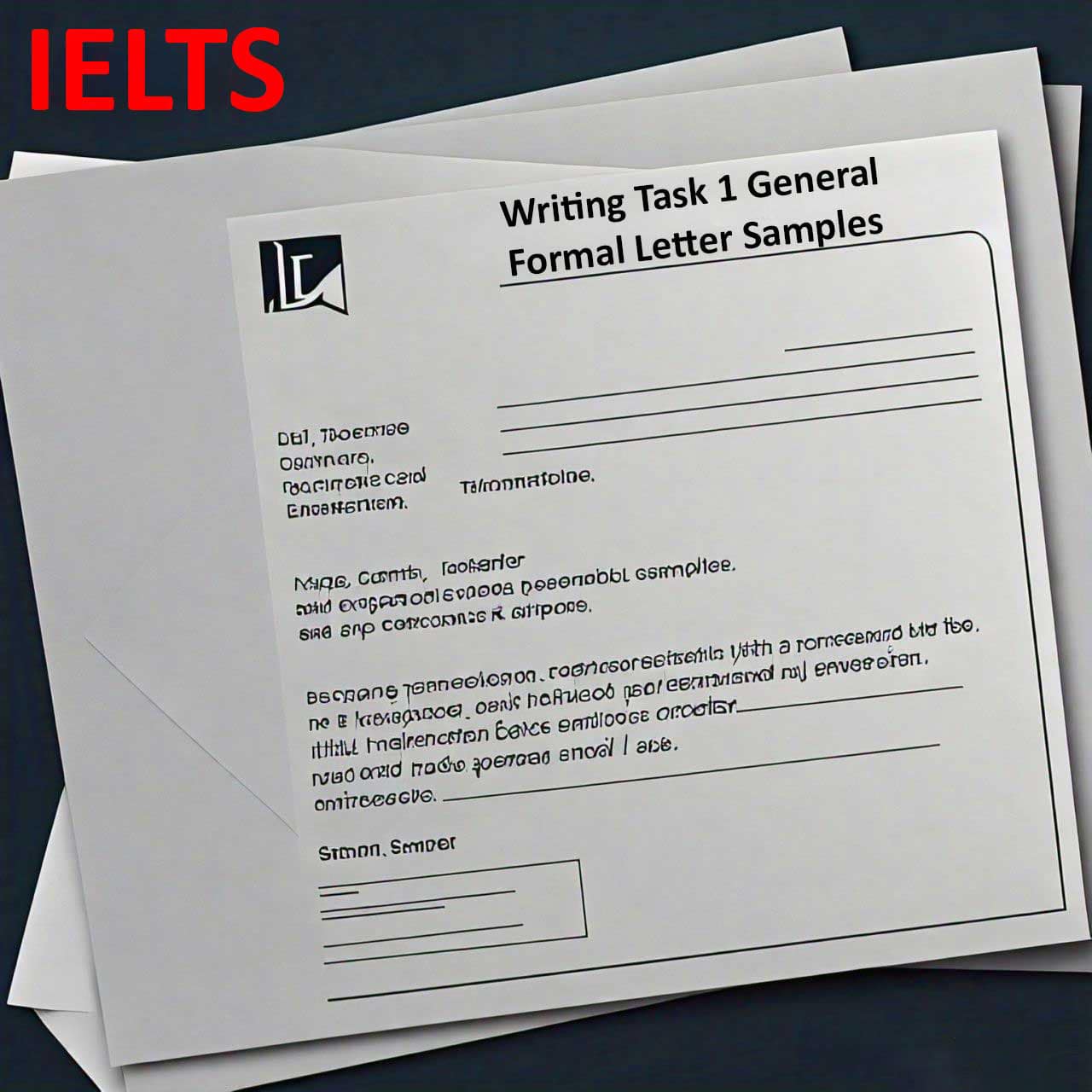Preparing for the IELTS (International English Language Testing System) exam requires dedication, focus, and effective planning. One powerful tool that can significantly enhance your preparation is goal setting. In this blog post, we’ll explore the importance of goal setting in IELTS preparation and how it can help you achieve success on the exam.
Why Goal Setting Matters
1. Clarity and Focus:
– Setting specific goals provides clarity and direction to your preparation efforts. It helps you identify what you want to achieve and allows you to focus your time and energy on the most relevant tasks.
2. Motivation and Commitment:
– Having clear goals gives you something to strive for and keeps you motivated throughout the preparation process. When you have a tangible target to work towards, you’re more likely to stay committed and disciplined in your studies.
3. Progress Monitoring:
– Goals serve as benchmarks for measuring your progress. By setting milestones and deadlines, you can track your advancement and make adjustments to your study plan as needed.
4. Boosting Confidence:
– Achieving smaller goals along the way can boost your confidence and reinforce your belief in your abilities. Each milestone reached serves as a reminder of your progress and keeps you motivated to continue striving towards your ultimate goal.
Setting SMART Goals
When setting goals for your IELTS preparation, it’s essential to make them SMART:
– Specific: Clearly define what you want to accomplish. Instead of a vague goal like “improve my English skills,” aim for something specific like “score 7.5 on the IELTS Writing section.”
– Measurable: Set goals that you can quantify and track. For example, “complete five practice Speaking tests per week” or “learn 20 new vocabulary words every day.”
– Achievable: Ensure that your goals are realistic and attainable given your current level of English proficiency and the time available for preparation.
– Relevant: Align your goals with your overall objectives and the requirements of the IELTS exam. Focus on areas that will have the most significant impact on your performance.
– Time-bound: Set deadlines for achieving your goals to create a sense of urgency and accountability. This helps prevent procrastination and keeps you focused on making progress.
Examples of IELTS Preparation Goals
1. Short-term Goal:
– “Complete one full-length IELTS practice test each weekend for the next four weeks to improve time management and test-taking skills.”
2. Medium-term Goal:
– “Achieve a score of 7.0 in each section of the IELTS exam within three months by focusing on specific areas of weakness identified through practice tests.”
3. Long-term Goal:
– “Score 8.0 overall on the IELTS exam within six months to meet the requirements for my desired university program or immigration application.”
Implementing Goal Setting in Your Study Plan
1. Reflect on Your Objectives:
– Start by clarifying your overall objectives for taking the IELTS exam. Are you aiming for a specific score to apply to a university, immigrate to a new country, or advance in your career?
2. Assess Your Current Level:
– Evaluate your current English proficiency level by taking practice tests or diagnostic assessments. Identify your strengths and weaknesses to determine where you need to focus your efforts.
3. Break Down Your Goals:
– Divide your overall goal into smaller, manageable tasks and set deadlines for each. This could include daily, weekly, or monthly goals, depending on your timeline and availability.
4. Track Your Progress:
– Keep track of your progress towards each goal by maintaining a study journal, using a checklist, or utilizing apps or online tools designed for goal tracking.
5. Adjust and Adapt:
– Regularly review your goals and assess your progress. If necessary, adjust your goals or study plan based on your performance and evolving needs.
Conclusion
Goal setting is a powerful strategy for enhancing your IELTS preparation and maximizing your chances of success on the exam. By setting SMART goals that are specific, measurable, achievable, relevant, and time-bound, you can create a clear roadmap for your preparation efforts and stay motivated throughout the process. Whether you’re aiming to improve your overall English proficiency or achieve a specific score for a particular purpose, goal setting can provide the structure and direction you need to achieve your objectives. So, take the time to set meaningful goals for your IELTS preparation journey and watch as your progress propels you closer to success.



